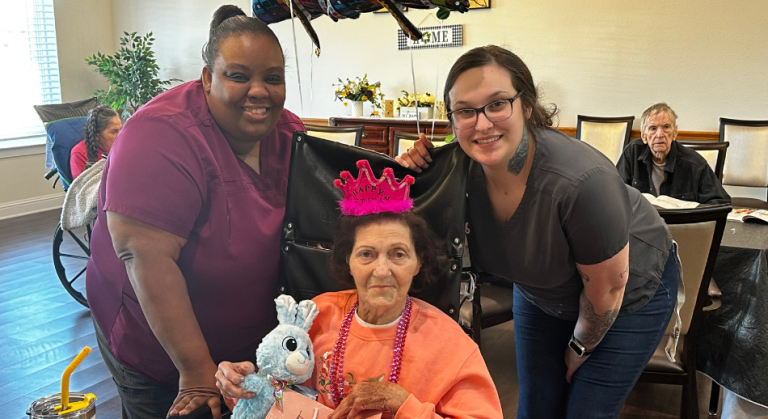When should one move from Assisted Living to Memory Care
Moving a loved one from assisted living to memory care is a bittersweet experience that can trigger so many unexpected emotions. Comprehending the difference between these two levels of care is essential in deciding if this type transition should occur.
Assisted living helps seniors who may need a little help with daily living but want to remain independent. Memory care, in turn, is for people identified as having Alzheimers or other dementia and with particular health needs.
Understanding Dementia Progression
Before we get into the warning signs of memory care, remember that dementia is a progressive disease. What this means is that symptoms typically worsen with age, although progression is often rapid or slow depending on the individual. The stages of dementia are classified as follows:
Early Stage
Mild memory loss and cognitive problems.
Middle Stage
Increased confusion, personality changes and problems with daily tasks.
Late Stage
Decades of severe cognitive decline and physical limitations.
Recognizing these stages may help families anticipate the need for a transition from assisted living to memory care. Note that the move to memory care can happen at any time based on the individual’s needs and the assisted living facility’s capabilities.
When might it be time to move into memory care?
Many variables indicate the need for greater care. They may include:
Confusion or disorientation
If your family member is more confused – remembering less where they are – who people are – and/or wandering away – then memory care may be needed.
Change in Behaviour
Agitation, aggression or withdrawals are difficult to deal with for an assisted living environment. D Memory: Aggressive, agitated and voiding behavior should be managed in these memory care facilities.
Daily Living Activities
challenges with daily living activities: As dementia progresses, bathing, dressing and eating becomes harder for someone. Memory care can provide special support for such activities.
Is your loved one safe
If you are worried that Mom will wander off or get hurt at home because she forgets who came to see her, a memory care community can help.
Other Signs That May Indicate a Need for Memory Care
Although the signs above are important indicators, other subtle changes may signal the need for memory care:
Sundowning
This includes more confusion, anxiety, and agitation in the late afternoon or evening. This common symptom of dementia can be managed in memory care facilities.
Social Withdrawal
If your loved one is no longer engaging in things they liked and is isolating themselves, it might be an indication that they aren’t coping in their present environment.
Rapid Decline in Physical Health
Unexplained weight loss, poor hygiene or frequent illnesses may signal that your loved one needs more intensive care.
Caregivers Stress
If family caregivers or assisted living staff are feeling overwhelmed, consider the specialized support available in a memory care setting.
Incontinence
Incontinence is often a problem with dementia. Memory care facilities are better equipped to deal with this with dignity and proper care.
Know these triggers in your policy – they affect when and whether assisted living expenses are covered.
Conclusion
We know this is a trying time for families and Beehive Homes of Rowlett wants to make it easier for you. We’ve an entire team behind you to help support you and meet your needs. Our approach to care includes assisted living and memory support for your loved one. Any worries or issues you have regarding your loved one’s care can be dealt with with us. We will then meet to assess how we can help them and discuss your alternatives.
And remember, asking for help is both strength and love.







